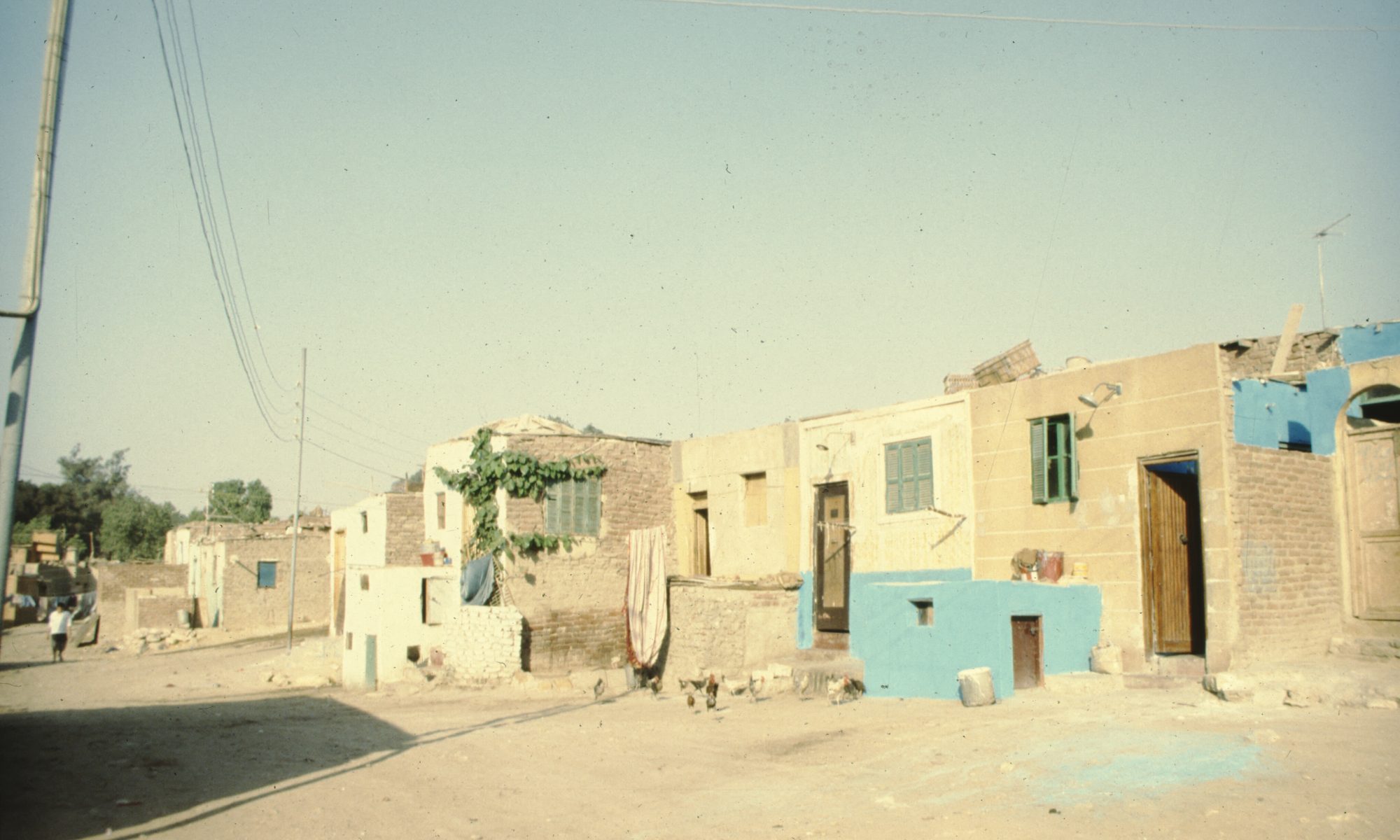Our Expertise
Over several decades, I2UD staff has developed a deep understanding of urbanization trends, the barriers that frequently obstruct development projects, and the process of working with government, communities, and international organizations to establish meaningful interventions.
As a non-profit “outsider,” we have a broader outlook on the urban development process, allowing us to facilitate inter-agency and cross-border communication and collaboration.
We encourage less powerful local actors to have a voice, knowing that such institutional capacity and consensus building form the foundation for future initiatives.
Wherever we work, the Institute emphasizes empowering municipal entities, enabling the formal and informal private sector to participate, and engaging community involvement in the development process.
Our project history covers
a range of expertise:
Urban Planning and Management
Housing Policies and Slum and Urban Upgrading
Historic Districts and Urban Revitalization
Climate Change and Resilience Building
Evaluations and Assessments
Education and Curriculum Development
Since 2020, we have expanded our activities in two directions:
➤ Climate change, resiliency, adaptation
I2UD is employing AI (Artificial Intelligence) technology to model the spatial growth of informal settlements, a dominant housing typology in many countries. This new work brings together our deep expertise working with national and local governments on informal settlements, with the pressing climate change issues threatening vulnerable informal settlement communities.
See more: Climate Change / AI
➤ Knowledge sharing
Our new Digital Resources support future research and education in urban development, using I2UD’s extensive document library and photo archive. The I2UD Document Library is organized around our major areas of expertise and project experience:
Urban Planning and Management
I2UD’s professionals, staff, and expert consultants have extensive technical expertise in urbanization, planning, and municipal development. This involves linking urban planning to: community-based development and public participation; local economic and infrastructure development, understanding the influence of land markets and management policies, and developing implementation strategies, including strengthening the institutional capacity of local governments.
►View in the Document Library – COMING SOON
Housing Policies and Slum and Urban Upgrading
Much of I2UD’s work centers on improving living conditions for the most vulnerable urban dwellers. This invariably requires a heavy focus on informal settlements and slums. Indeed, the UN Millennium Development Goals (MDGs) consider slum improvement to be one of the main tasks in alleviating world poverty. At I2UD, we advocate an integrative process for improving the lives of citizens residing in informal settlements.
►View in the Document Library – COMING SOON
Historic Districts and Urban Revitalization
I2UD has supported the activities of development aid organizations, international institutions, and cities in preserving and conserving the cultural and built heritage.
►View in the Document Library – COMING SOON
Climate Change and Resilience Building
I2UD has been involved in technical assistance projects to mitigate the impact of natural disasters related to climate change, encourage city preparedness, and anticipate economic and housing impacts for vulnerable communities.
►View in the Document Library – COMING SOON
Evaluations and Assessments
Constantly reevaluating conditions in developing cities is necessary to understand how various problems – climate change, infrastructure, urban migration, and so on – evolve. These assessments sometimes focus on broader issues, like social accountability and municipal infrastructure. But oftentimes they focus on the development of specific areas within a city.
►View in the Document Library – COMING SOON
Reconciliation and Development
In societies and economies coming out of conflict or undergoing rapid social, political, and economic transitions, reframing urban planning and management programs can support reconciliation and development. The Institute’s projects include our ten-year collaboration with Irish-based partners in Ireland and Northern Ireland, our work in post-apartheid South Africa, and supporting municipal development and regional cooperation in Central and Eastern Europe.
►View in the Document Library – COMING SOON
Education and Curriculum Development
Includes capacity-building initiatives such as seminars, technical workshops, and executive training programs.
►View in the Document Library – COMING SOON



